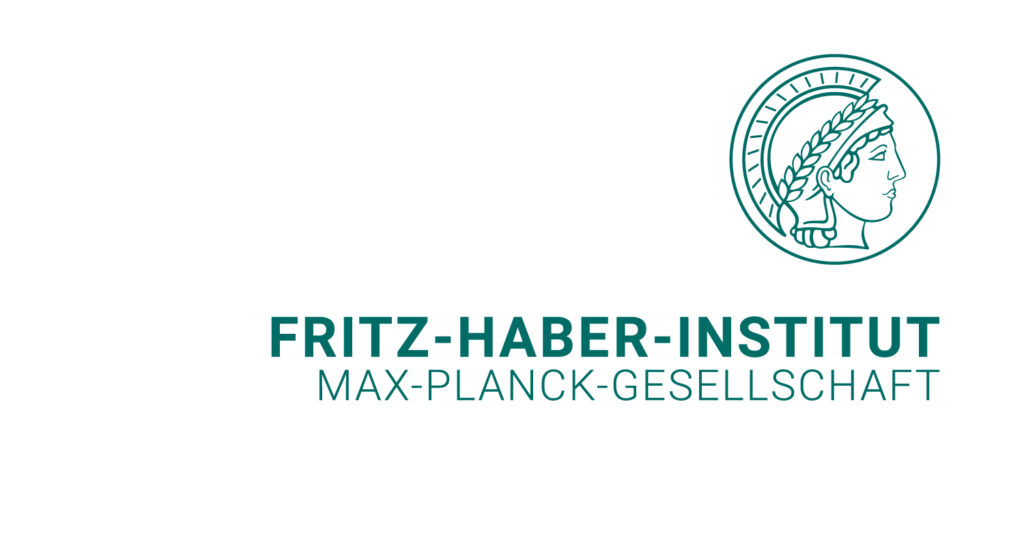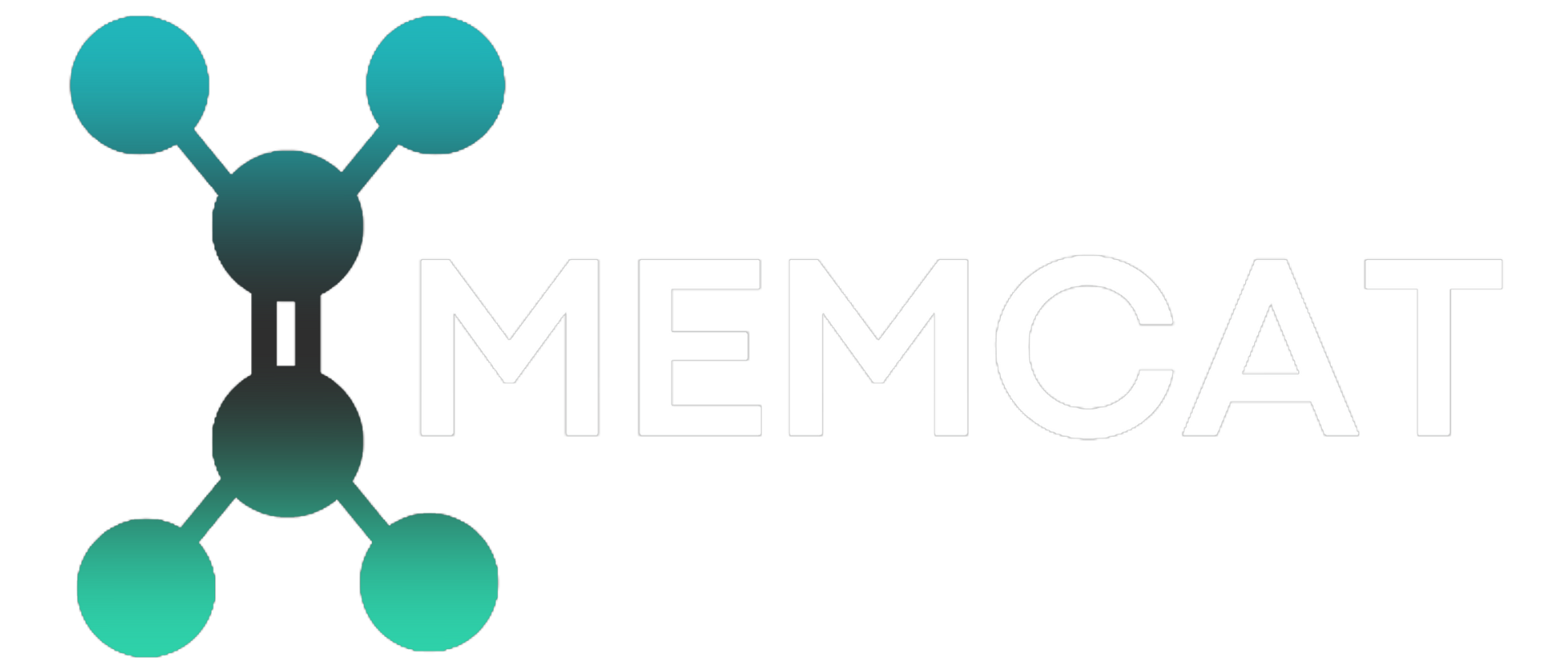MAX-PLANCK-GESELLSCHAFT ZUR FORDERUNG DER WISSENSCHAFTEN
The Fritz Haber Institute of the Max Planck Society, in short FHI, is an international research place where scientists from all over the world investigate the basic principles underlying the chemical conversion of matter and energy at surfaces and interfaces.
Role in Memcat:
The FHI contributes to the development of a fundamental understanding of the catalytic mechanisms that determine the activity and selectivity of tandem catalysts for the conversion of carbon dioxide to ethylene in one step. The analysis of the nanostructure of selected materials and catalytic tests will support the development of new active phases in the form of core-shell nanoparticles and fibers. In-situ and operando spectroscopic experiments, in particular using diffuse reflectance infrared Fourier transform (DRIFT) spectroscopy, will provide mechanistic information and thus input for DFT calculations and DFT-based microkinetic simulations to elucidate the active sites and analyze the reaction network. The aim of the work is to determine the optimal interplay of geometric factors at the atomic level, important electronic properties of the catalysts and critical reaction parameters that control performance. The underlying complexity is mastered through rigorous experimentation and collaboration with theory, leading to a targeted, rational catalyst design.

